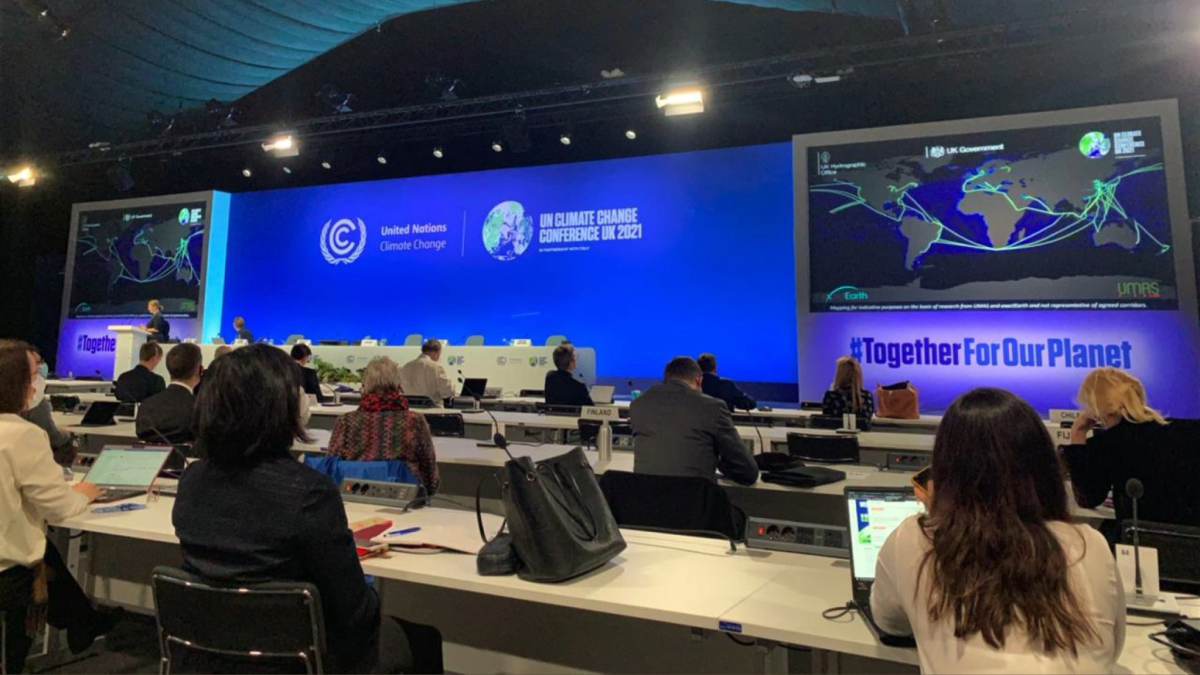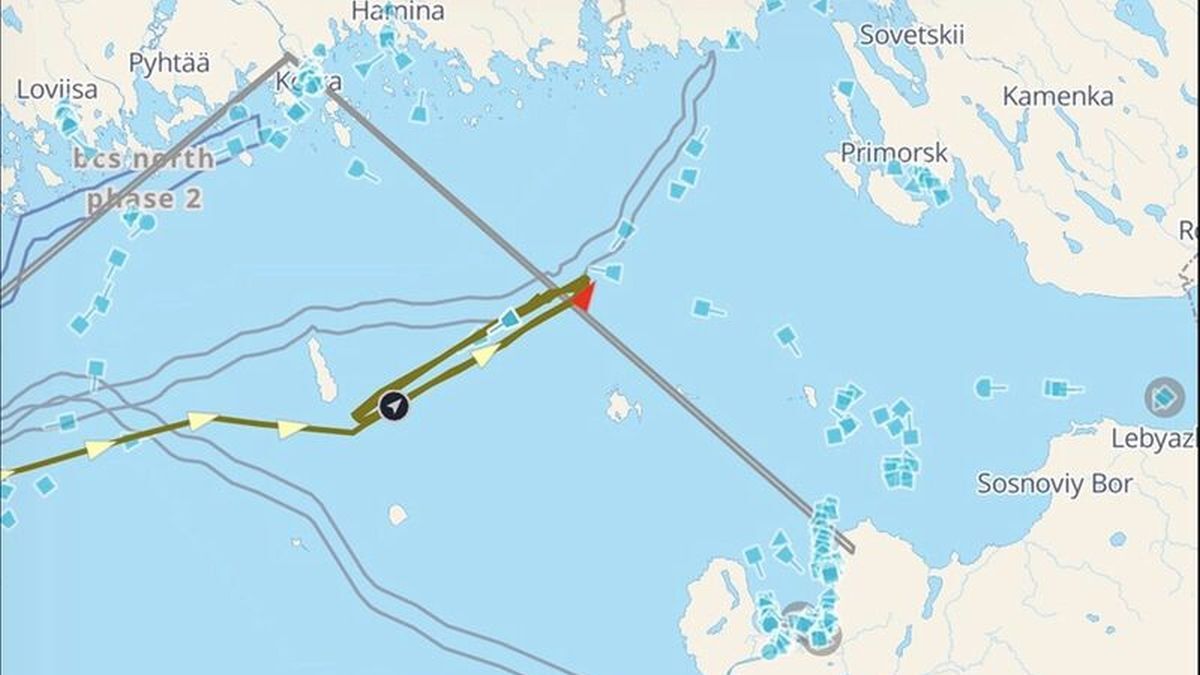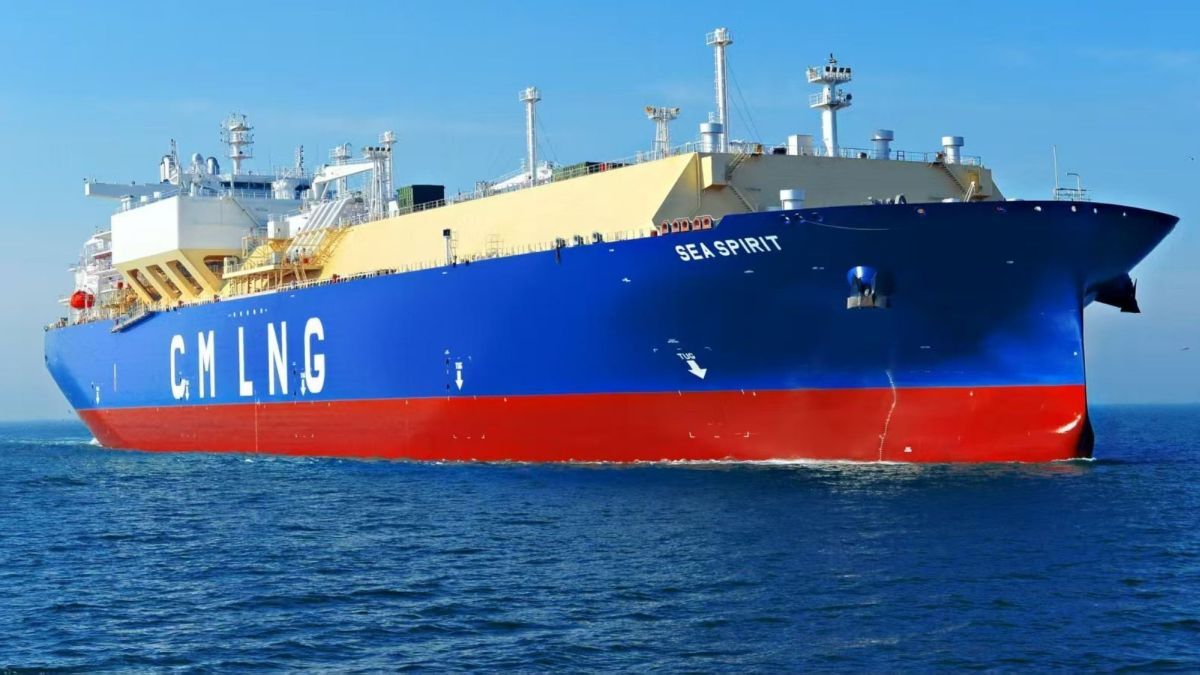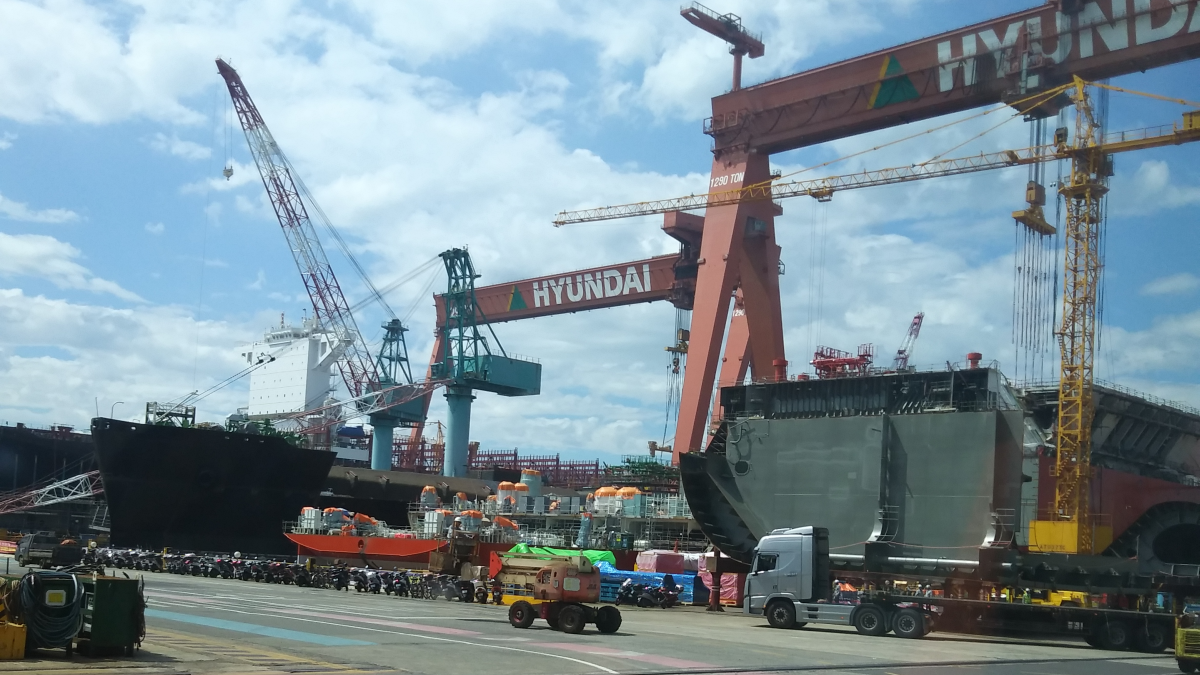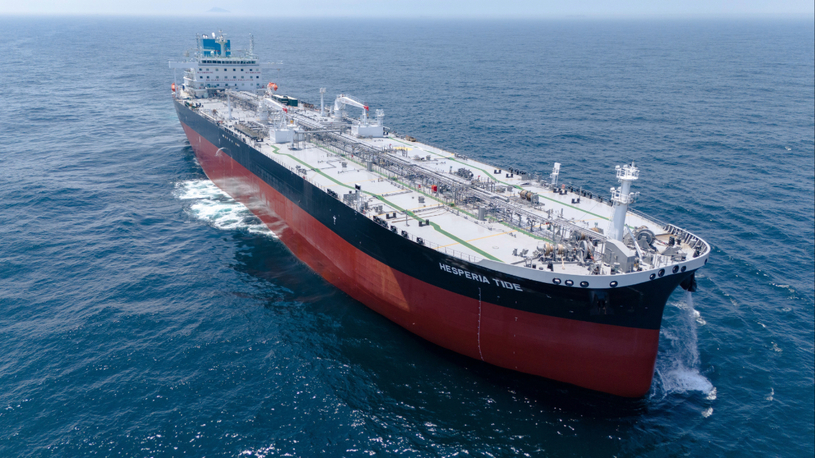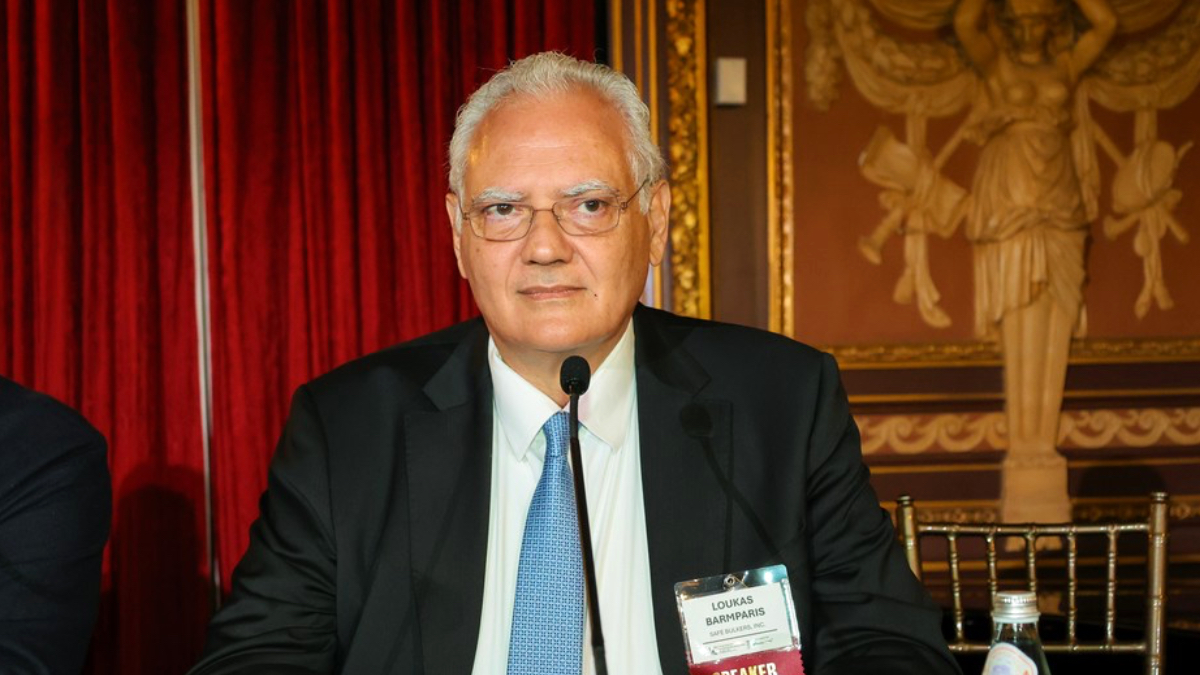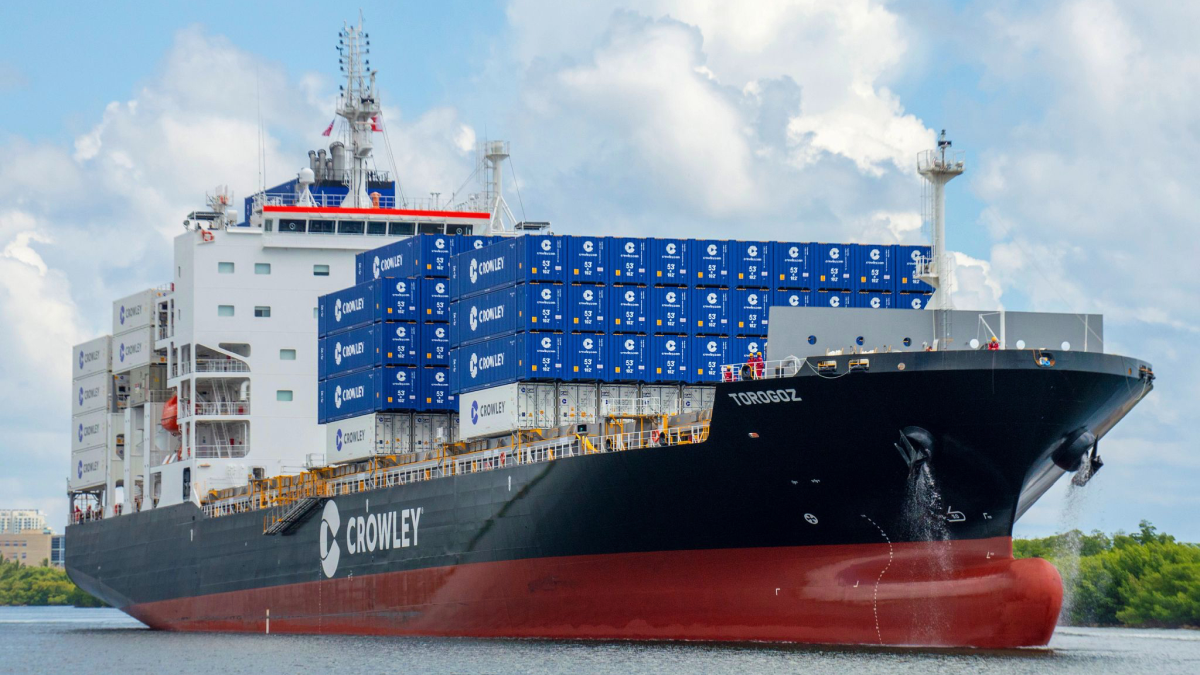Business Sectors
Events
Contents
Register to read more articles.
COP26: at least six shipping routes will be partially decarbonised by mid-2020s
A coalition of governments have pledged to create half a dozen zero-emissions ’green shipping corridors’ by the middle of this decade, but participation by operators transiting the routes is voluntary
The coalition of 20 countries including the US, the UK, France, Germany, Norway, Sweden, Japan, Australia, New Zealand and others said the green corridor designation and zero-emissions requirement does not apply to all vessels.
"For greater clarity, all vessels transiting a green corridor would not be required to be zero emissions or to participate in the partnerships," the COP 26: Clydebank Declaration for green shipping corridors policy paper published on the UK Government website said.
The mission statement for the Clydebank Declaration’s signatory states outlined a "collective aim" to establish at least six so-called green shipping corridors that would be in place by the mid-2020s, with the potential for more routes to be established later.
"It is our aspiration to see many more corridors in operation by 2030. We will assess these goals by the middle of this decade, with a view to increasing the number of green corridors," the declaration said.
Options for the routes include domestic routes between two points within a single country or international routes that involve a partnership between two or more of the declaration’s signatories.
Signatories are charged with "facilitating partnerships to establish green corridors" and "taking steps with relevant willing ports, operator(s) and others along the value chain to decarbonise".
A list of non-specific goals committed signatories to:
- Facilitate the establishment of partnerships, with participation from ports, operators and others along the value chain, to accelerate the decarbonisation of the shipping sector and its fuel supply through green shipping corridor projects.
- Identify and explore actions to address barriers to the formation of green corridors. This could cover, for example, regulatory frameworks, incentives, information sharing or infrastructure.
- Consider the inclusion of provisions for green corridors in the development or review of National Action Plans.
- Work to ensure that wider consideration is taken for environmental impacts and sustainability when pursuing green shipping corridors.
So what’s missing? With strong national and private sector commitments, @IMO needs to step up create new policies that promote green #shipping and an end to fossil fuels. They’ll have a big chance to do so at #MEPC this month.
— Ocean Conservancy (@OurOcean)So what’s missing? With strong national and private sector commitments, the @IMO needs to step up create new policies that promote green #shipping and an end to fossil fuels. They’ll have a big chance to do so at #MEPC this month.
— Ocean Conservancy (@OurOcean) November 10, 2021
As with the coalescing of a so-called first-movers coalition of cargo owners that set targets for zero-emissions on deepsea shipping vessels earlier in COP26, technical and strategy work from University Maritime Advisory Services (UMAS) and the Getting to Zero partnership underpinned the agreement of the Clydebank Declaration.
"Analysis by UMAS has shown the potential for these routes globally – creating opportunities across several different ship types. We used satellite observations of individual ships to understand operating patterns, in combination with models for estimating their fuel consumption, and estimates of where the lowest cost hydrogen might be available, to identify which voyages might be easiest to decarbonise," a statement from UMAS said.
UMAS provided governments and industry with data showing there is at least 10% of shipping’s current fuel consumption that offers a significant opportunity for early adoption of zero-carbon fuels.
The Getting to Zero Coalition said its new study, The Next Wave: Green Corridors, looks at how specific trade routes between major port hubs where zero-emissions solutions are demonstrated and supported can be conceived, prioritised and designed to accelerate the speed of shipping’s transition away from fossil fuels.
"The Next Wave draws its conclusions based on studies of three different corridors, each representing a different kind of opportunity for the transition: the Australia-Japan iron ore corridor, the Asia-Europe container route, and the Korea-Japan-US pure car carrier corridor. The case studies were undertaken in consultation with more than 30 companies across the value chain, including many who are active on the routes in question," a statement from Getting to Zero coalition said.
Pointing to policy advice they had given to the Biden administration to push for green shipping corridors with the US’ Pacific trading partners and lauding the addition of the language the corridors as zero-emissions maritime routes, environmental NGOs Ocean Conservancy and Pacific Environment welcomed the announcement but warned against loopholes and urged further action within IMO to align shipping with the Paris Agreement goals.
"We need to see today’s declaration followed up with progress towards strong mid-term measures at the upcoming International Maritime Organization meeting later this month if we’re to keep the shipping sector in line with a 1.5°C future," Ocean Conservancy Shipping Emissions Campaign Manager Dan Hubbell said.
Pacific Environment Climate Campaign Director Madeline Rose said "the Clydebank framework leaves room for delay tactics and fossil fuel loopholes. We urge partner countries and ports to act quickly to set immediate, interim and ultimately mandatory benchmarks to phase out all fossil fuel ship pollution along their shared corridors."
Related to this Story
Events
Offshore Support Journal Conference, Americas 2025
LNG Shipping & Terminals Conference 2025
Vessel Optimisation Webinar Week
© 2024 Riviera Maritime Media Ltd.


